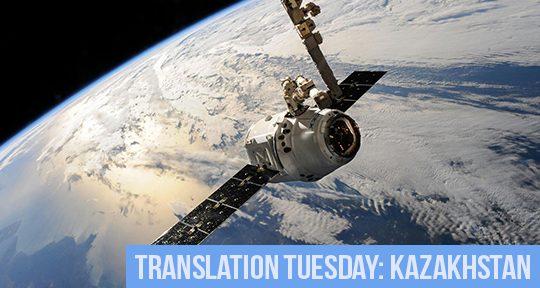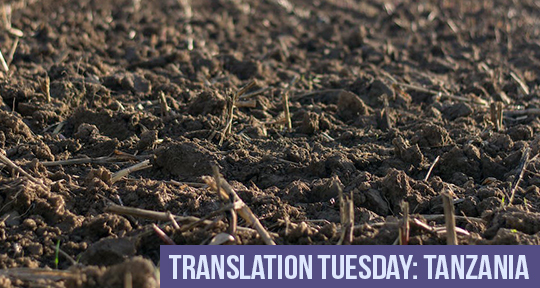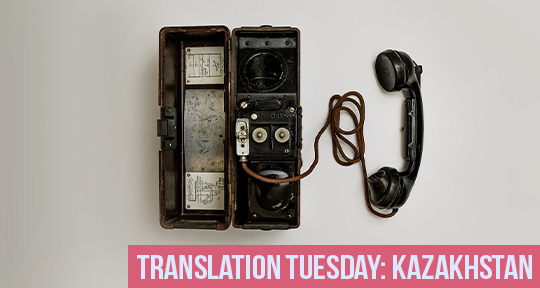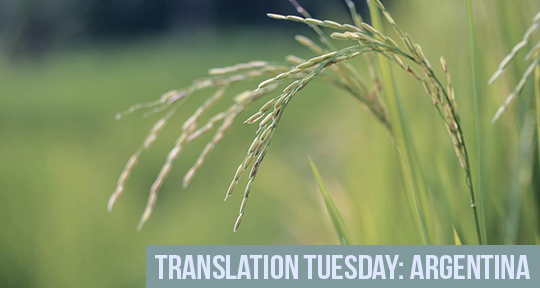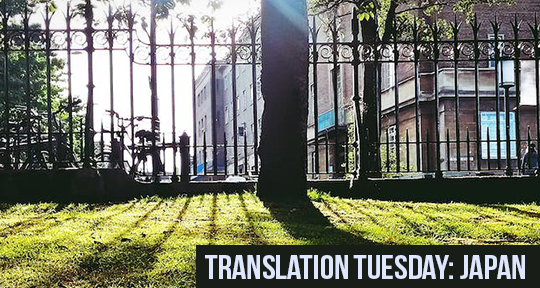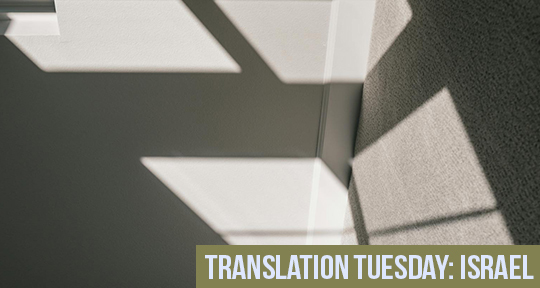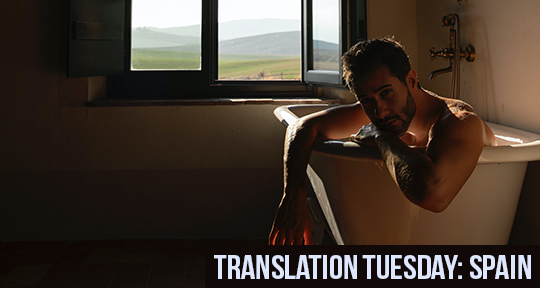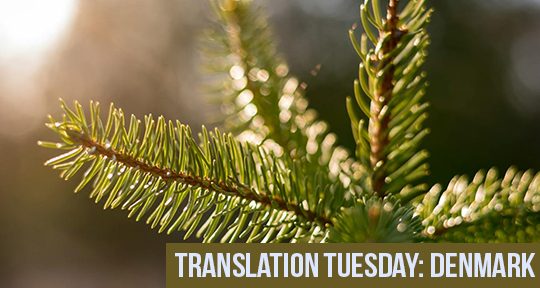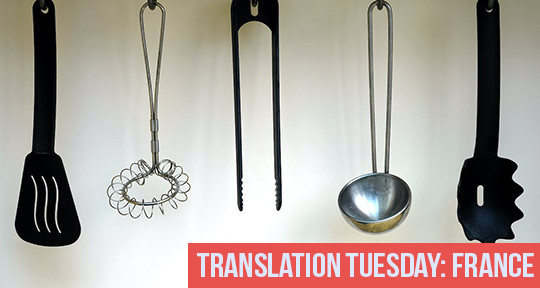This Translation Tuesday, prose poems come in from Palestinian poet Ghayath Almadhoun, translated with care by Catherine Cobham. A warning label alerts us to the peculiar nature of the metaphors in “Poet in Berlin”. Almadhoun’s poet starts, stops, and starts over, as if trying to get the metaphors in his head to express the correct thing. His slow progress perplexes the detective trapped in the poem’s dense and mazey interior—he needs that warning as much as we do. In “Everything’s the Same” the sorrow of a sudden disappearance is ‘green’, ‘still fresh’, and we find grief and shock doing their customary thing. The poet stalks the house he once shared with the absent presence. Time is either stopped dead or winding backwards, his senses are heightened, and household objects take on a sudden, dangerous redolence.
Poet in Berlin
All the metaphors in this poem are based on a true story that has not happened before
A lonely man with green eyes and a blue gaze, searching for a woman carrying a forest, who went into the sea and did not return.
Lonely as a bench in a public park, most of those who have touched his wound think he is a poet from Berlin, but he is in fact a poet in Berlin.
He resembles a park bench, and therefore, he used to swear to passers-by that a woman he loved took him to the sea and brought him back thirsty, and in another account, in a poem they found in a pocket of his blue shirt, he said she brought him back from the sea thirsty, but she did not return. On the other hand, the Poetry Foundation in Chicago has not been able to verify the truth of the information contained in this poem.
A lonely man, in a city crowded with lonely people, he assured the German police that he took full responsibility for the disappearance of a woman as ripe as a peach tree.
The detective asked him to stop using metaphor, because the investigation report was not a postmodern poem, and in any case the sea could not possibly be a crime scene in this city, for even in David Bowie’s most defiant songs there was no sea in Berlin, then he added as calmly as an abandoned house, I cannot bring any charges against you at the present time, for as of the date of the writing of this poem, no official reports have been submitted about the disappearance of a woman who looks like the sunset, walks like a herd of gazelles, and loves summer and children. Furthermore, according to German law, there is no crime if there is no body.
A lonely man with green eyes and a blue gaze went into the sea to look for a woman who went into the sea and did not return, and he did not return.



